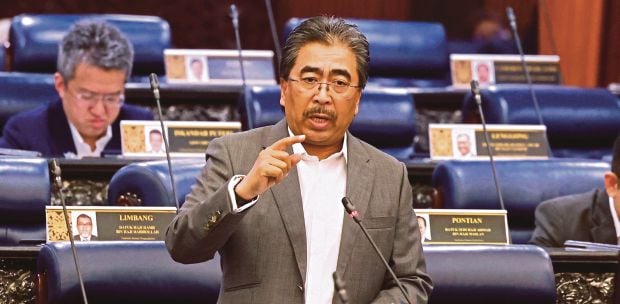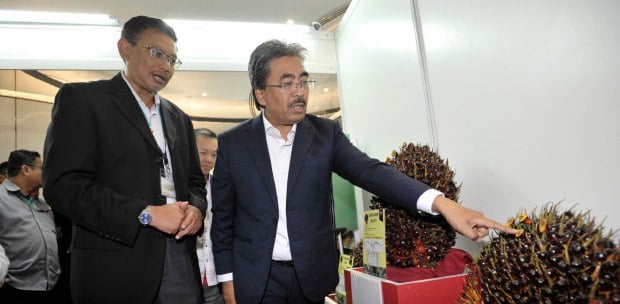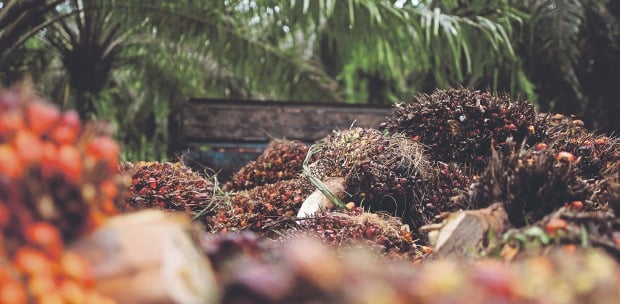KUALA LUMPUR: The Plantation and Commodities Ministry plans to review the windfall tax in the 2025 Budget to allow the tax collection to reflect the current palm oil prices in the industry.
Its minister Datuk Seri Johari Abdul Ghani said the current formula used to calculate the tax was no longer applicable to the production of palm oil.
He added that the ministry will collaborate with the Malaysian Palm Oil Board to review the mechanism and ensure the collection of tax could be returned to planters.
"The cost of producing one metric tonne of palm oil was RM1,800 previously and today, it ranges from RM2,800 to RM3,200 depending on the size.
"The tax might be suitable when costs were around RM1,800, but it is no longer suitable now when it (the price) ranges from RM2,800 to RM3,200," he said during the minister's question time in Dewan Rakyat, today.
Johari said this in response to Bakri Jamaluddin (PN-Tangga Batu) on whether the ministry was willing to return windfall tax collections to palm oil industry players.
Malaysia, which is the world's second-largest producer of palm oil, currently imposes a windfall tax of three per cent on palm oil prices above RM3,000 per tonne in Peninsular Malaysia and above RM3,500 per tonne in Sabah and Sarawak, which are the largest palm-oil-producing states in the country.
This comes after the government raised the threshold of the windfall tax for the palm oil sector from RM2,500 to RM3,000 in the 2022 Budget.
In September last year, Deputy Prime Minister Datuk Seri Fadillah Yusof said the government is reviewing the existing tax and hoped to complete it this year.
In the same development today, Johari said the ministry alongside relevant agencies have continuously strived to enhance the productivity and yield of palm oil from existing plantations to allow Malaysian palm oil products to compete in the global commodity market.
He added that the ministry has also carried out several measures to optimise palm oil plantations.
"This includes ensuring that the labour supply is sufficient, particularly for the harvesting of palm oil, increasing mechanism in plantation operations and ensuring optimal plantation management in terms of consolidation, scheduled replating, quality fertilisers and seeds.
"At the same time, we are also increasing the research and development to control infectious diseases affecting palm oil trees."







